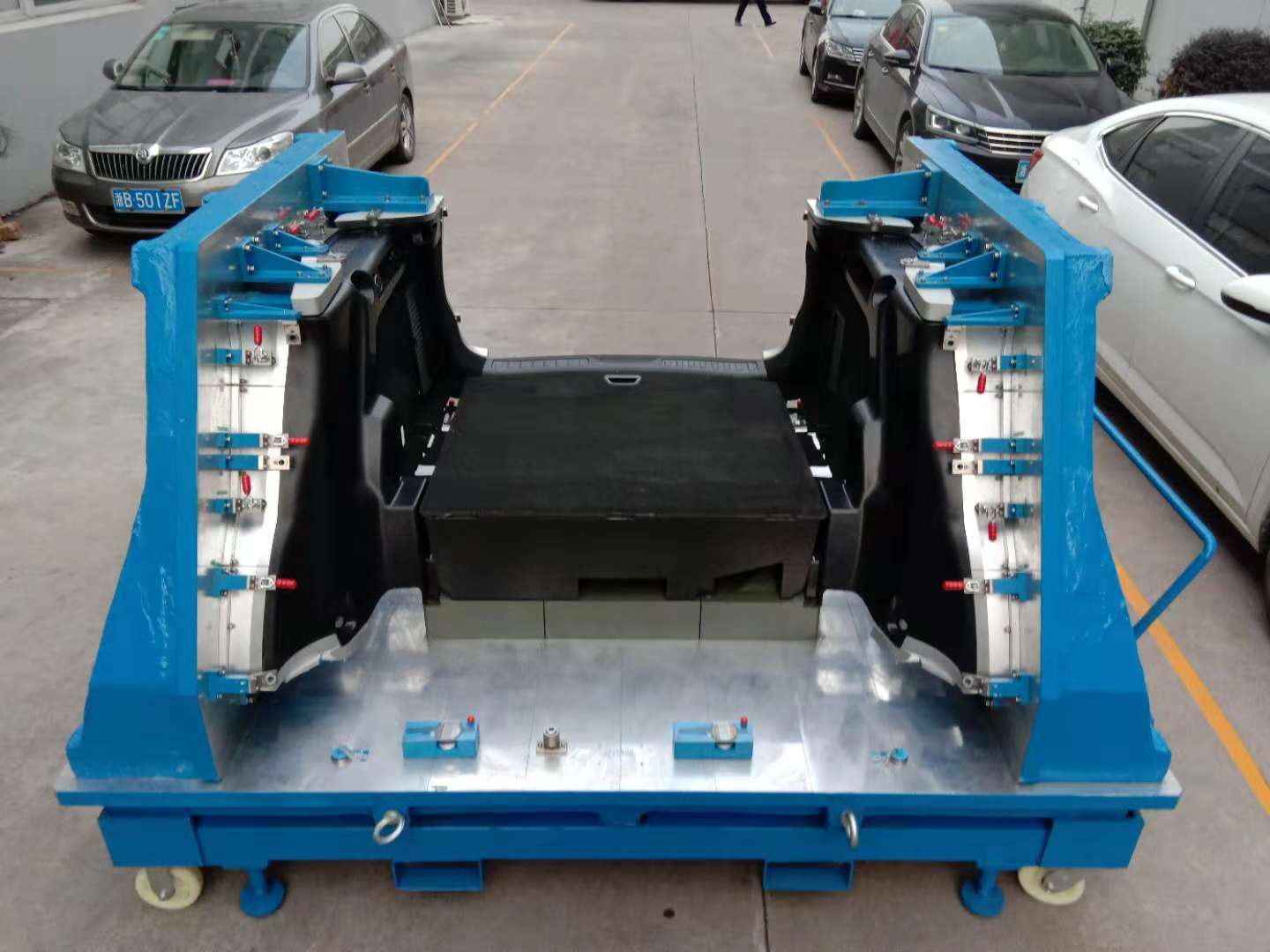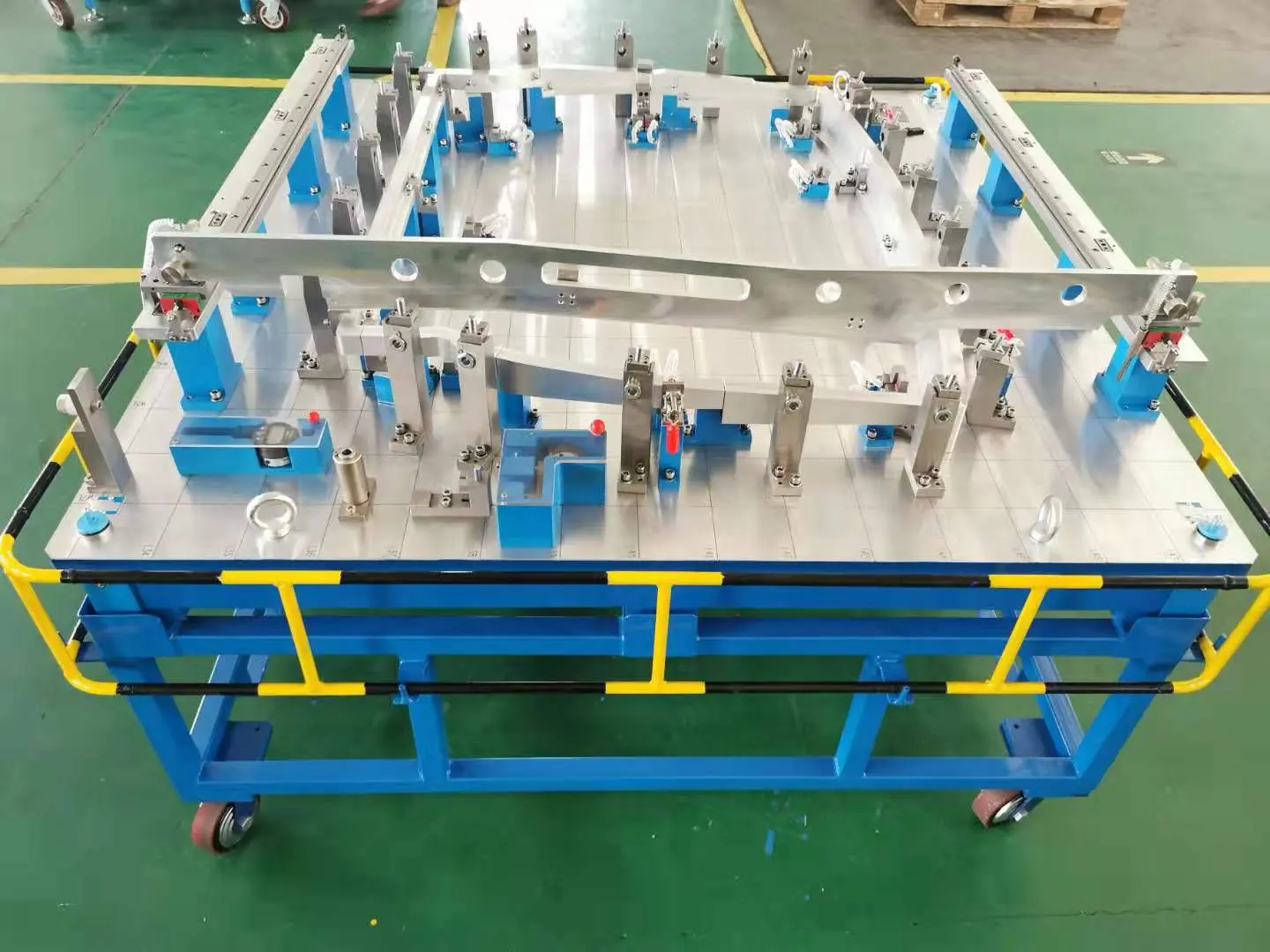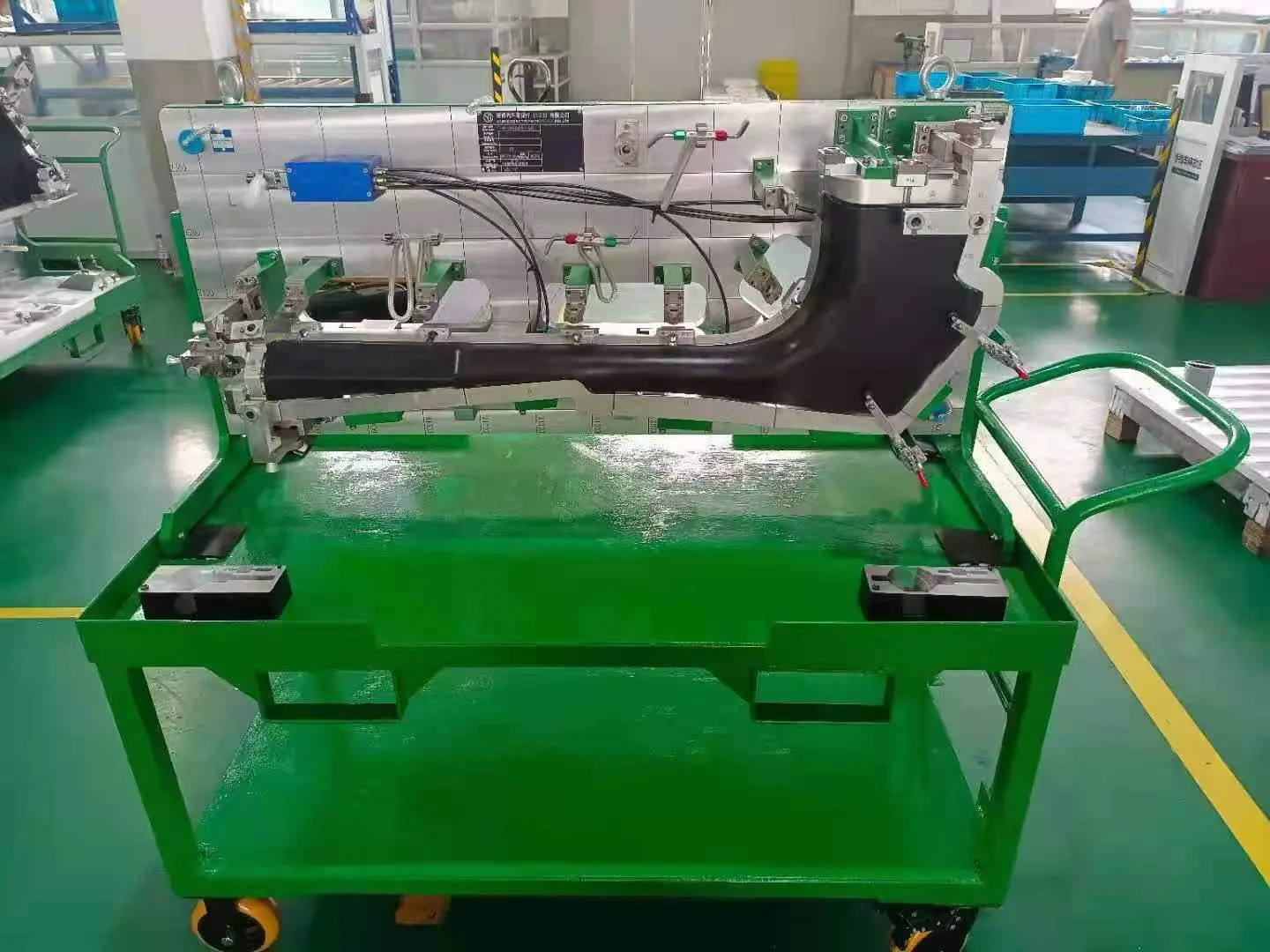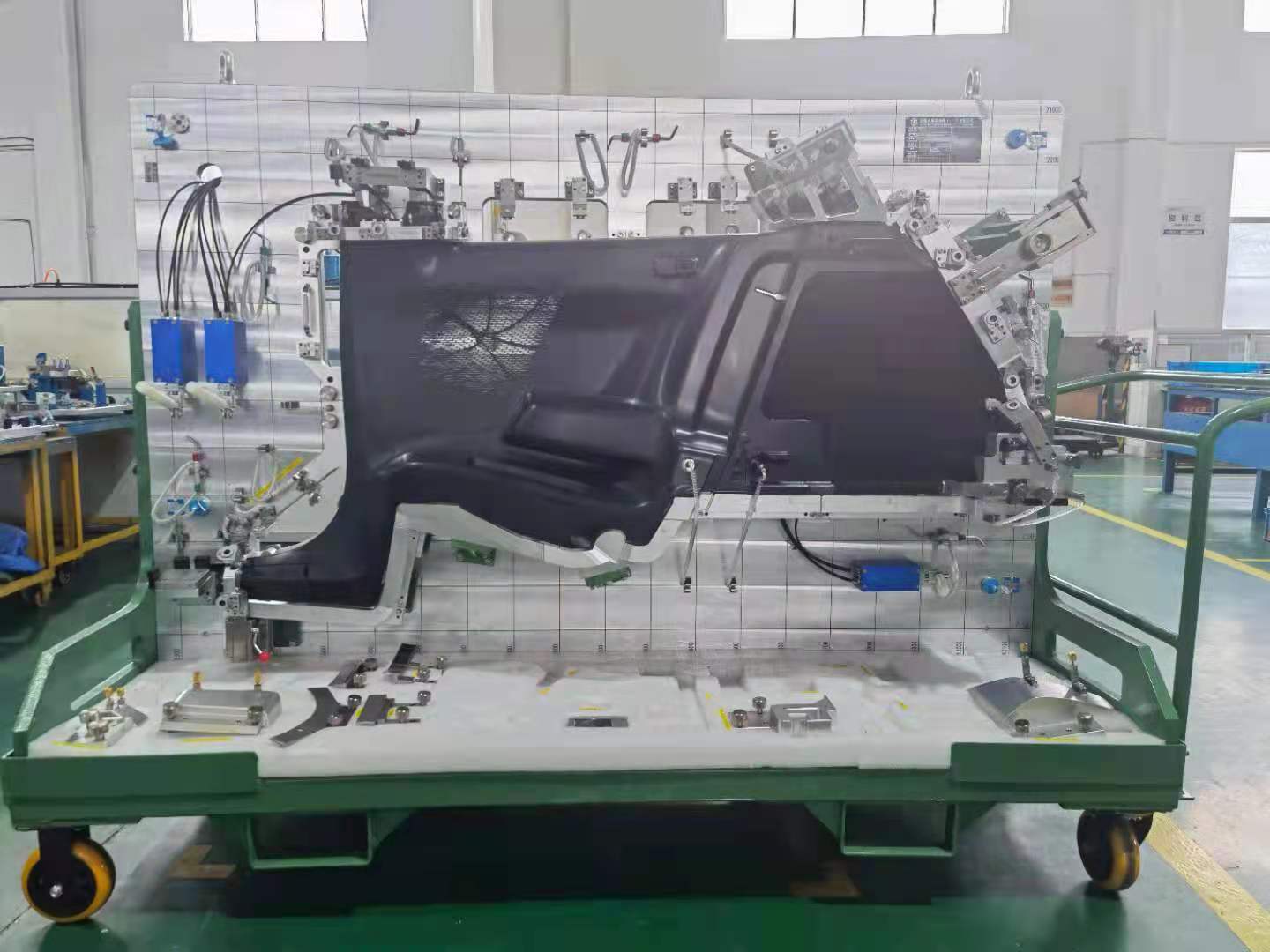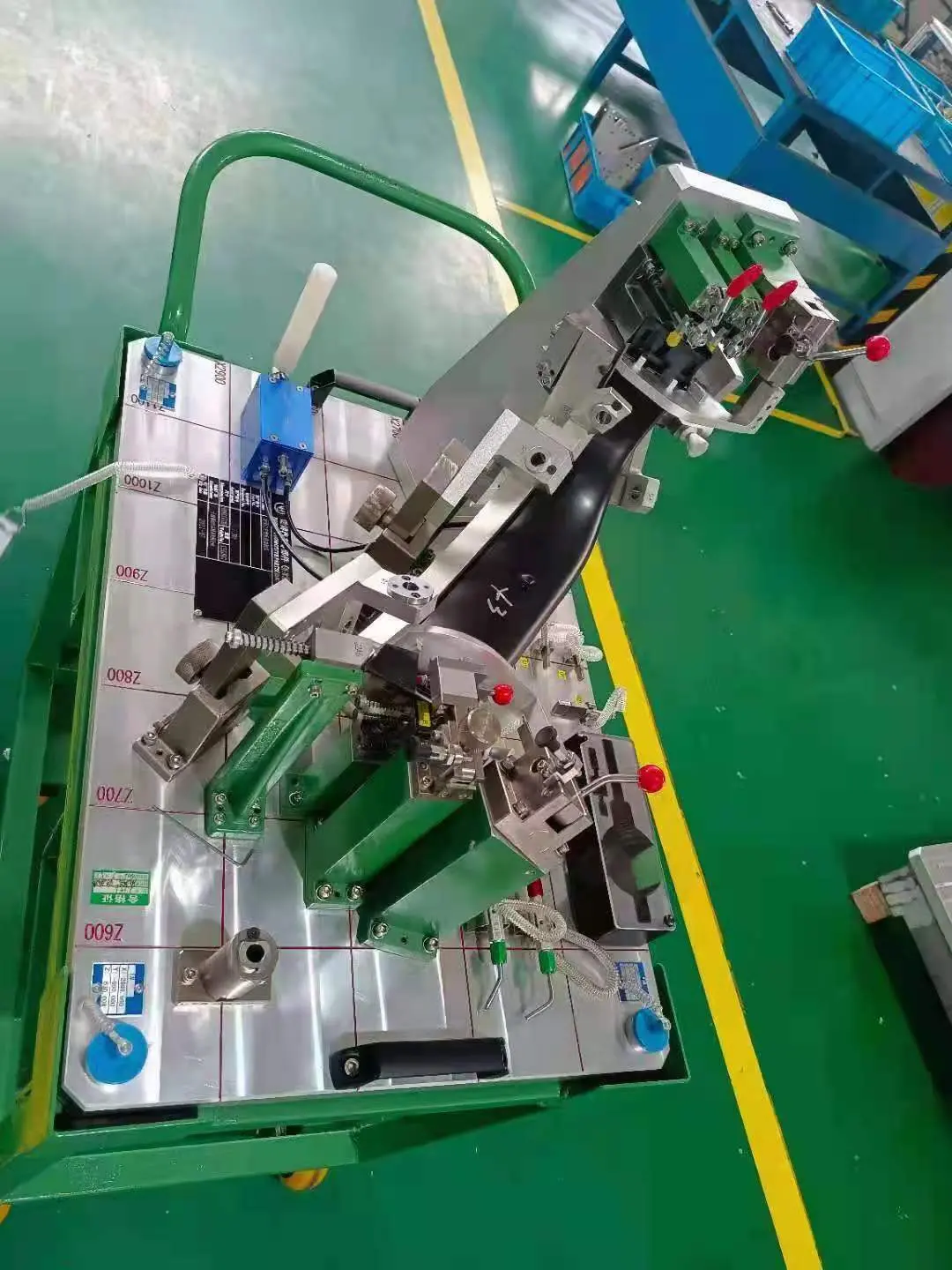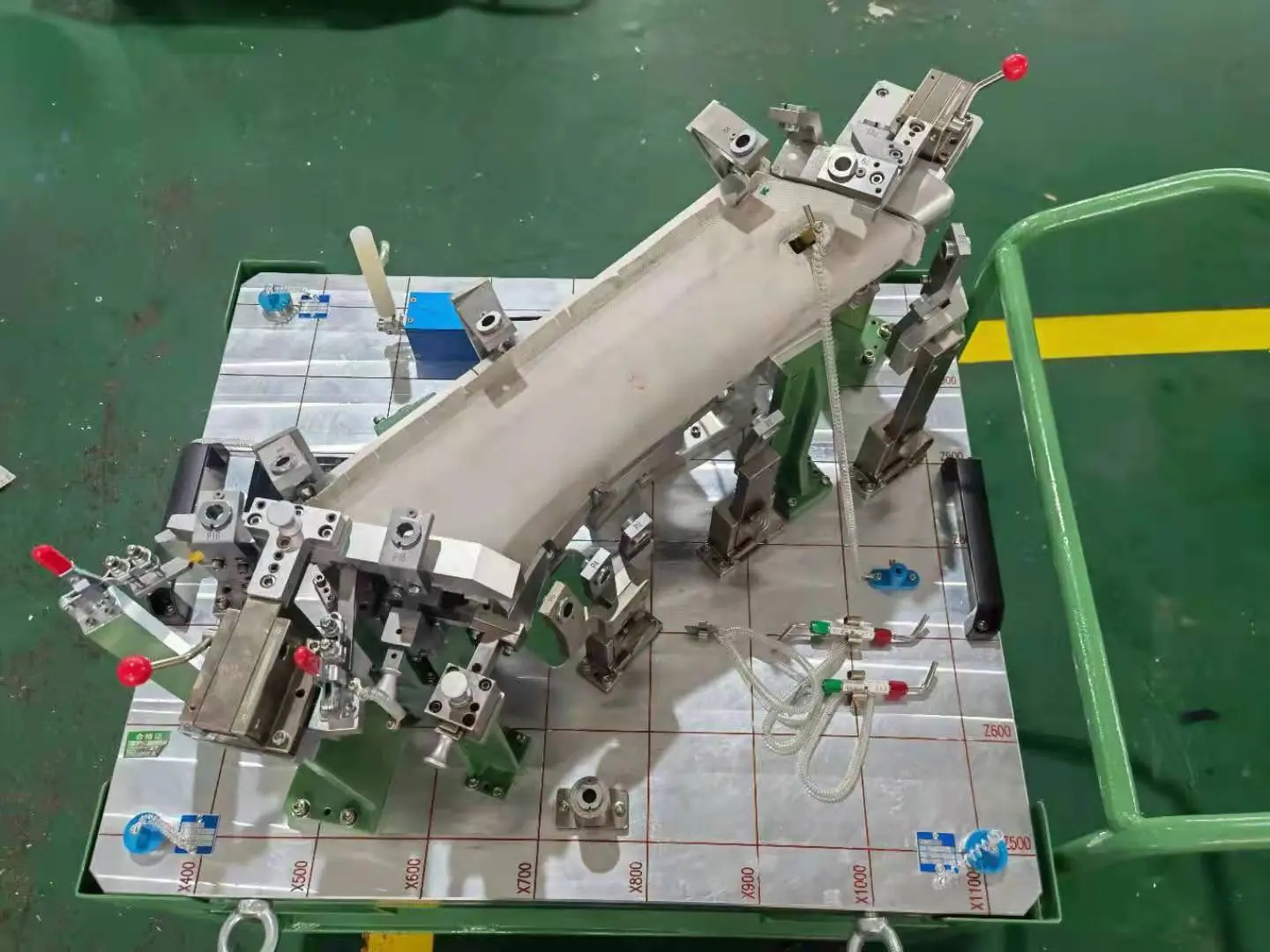The importance of automotive inspection tool industry knowledge
One of the key aspects of industry knowledge about automotive inspection tools is understanding the different types of tools available and their specific applications. From diagnostic scanners and emissions testers to wheel alignment systems and brake testers, each tool has a unique purpose during the inspection process. Professionals need to be well-versed in the functionality and operation of these tools to effectively diagnose and resolve any issues with your vehicle.
In addition, it is crucial for industry professionals to understand the latest technological advancements in automotive inspection tools. As technology continues to evolve, new and improved detection tools are constantly being developed to increase accuracy and efficiency. By staying abreast of these advancements, professionals can ensure they are using the most advanced tools to provide the best possible service to their clients.
In addition to technical knowledge, it is also crucial to understand the regulatory standards and requirements related to vehicle inspections. Different regions and jurisdictions have specific vehicle inspection regulations, and professionals need to fully understand these standards to ensure compliance. This includes knowledge of emissions testing, safety inspections, and other regulatory requirements that impact the use of inspection tools.
Additionally, industry knowledge about automotive inspection tools extends to the interpretation of inspection results and the ability to effectively communicate the results. Professionals need the expertise to analyze inspection data and provide customers with an accurate vehicle condition assessment. This requires an in-depth understanding of automotive systems and components, as well as the ability to communicate technical information in a clear and understandable manner.
In summary, industry knowledge of automotive inspection tools is a fundamental aspect of the automotive industry. Professionals need to be proficient in the types and applications of inspection tools, stay abreast of technological advances, understand regulatory standards, and have the expertise to interpret and communicate inspection results. By possessing comprehensive industry knowledge, professionals can ensure vehicle safety, reliability and quality, ultimately contributing to the overall integrity of the automotive industry.


